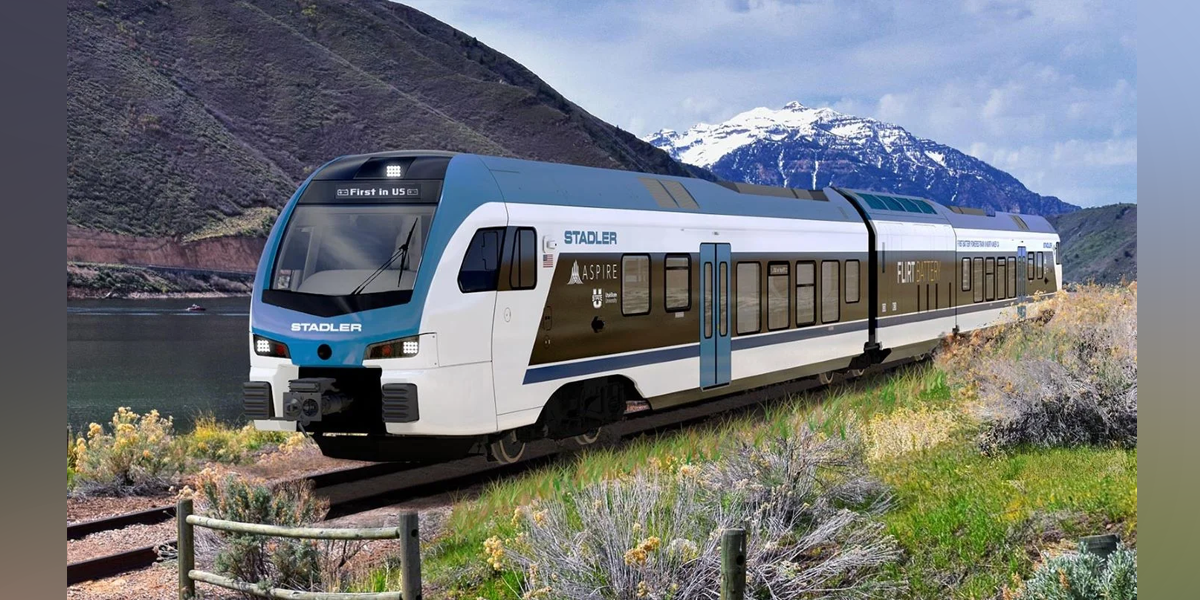Will new battery-powered trains replace diesel, and are they safe.

Soon battery-powered trains could be coming to a station near you.
As the UK’s fleet of diesel engines approaches retirement, manufacturers are looking to replace them with environmentally-friendly alternatives.
Trains currently draw power from overhead electrified wires or, on lines without these wires, from onboard diesel generators. Many trains are capable of running from both power sources and switch between the two.
Battery-powered trains would save rail operators the cost of installing overhead wires on unelectrified tracks, which are found throughout the UK.
At Hitachi’s factory in Newton Aycliffe, north-east England, testing has just finished on a new “tri-mode” train, in which one diesel generator has been swapped for lithium batteries. This allows it to use up to 50% less fuel when running on lines with no overhead wires.
Based on this trial, the company is also planning a train model with no diesel generators at all, which it hopes will be capable of travelling up to 90km (56 miles) on unelectrified stretches of track – with a view to the entire rail network going diesel-free.
Siemens is also developing its own battery-only trains at its factory in Goole, Yorkshire. The company says it is anticipating orders for more than 600 trains from operators including ScotRail, Great Western Railway (GWR) and Transport for Wales. GWR also tested its own battery train earlier this year.
Solely battery-powered trains are already operating in Japan and Germany, but UK experts say they could pose unique fire safety challenges.
Hitachi engineers tells , though, that it has done extensive testing on the batteries to ensure passengers would be safe in an emergency.
Previous article
Next article





